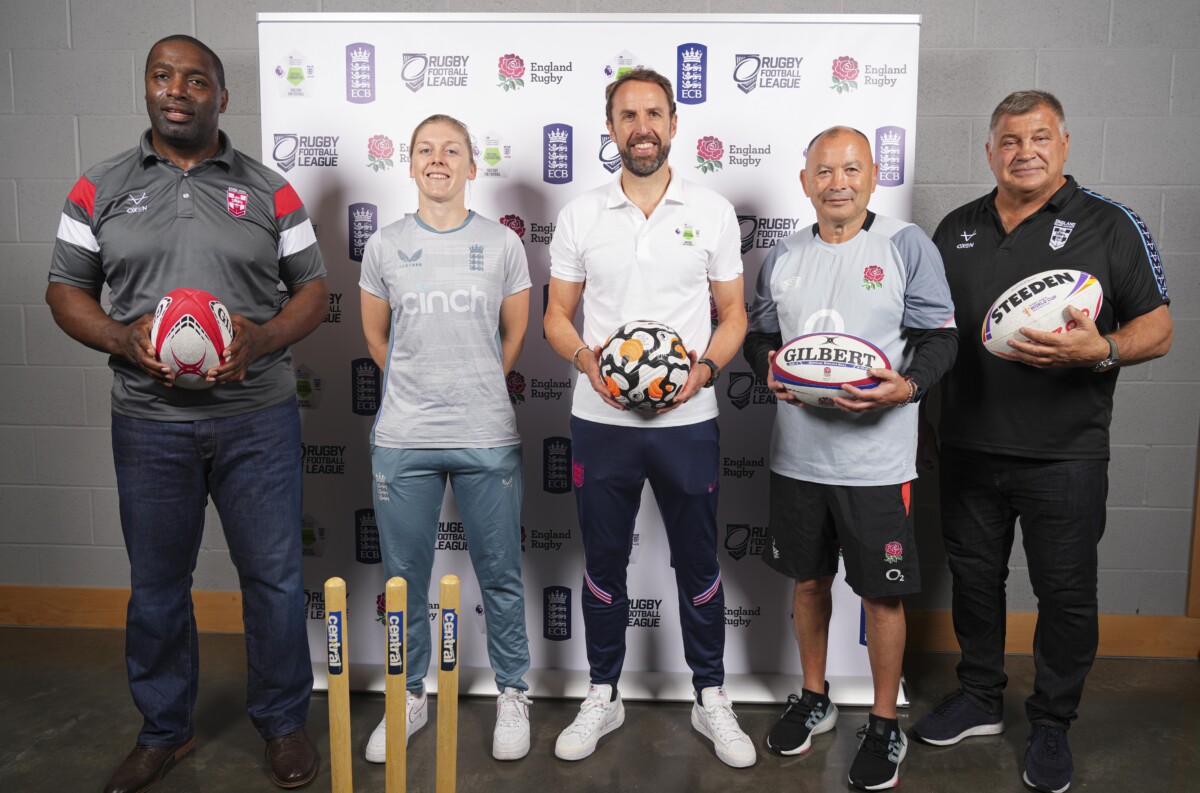New guidance aims to improve how funders monitor grants & evaluate projects

NPC has released new guidance to help funders monitor their grants and evaluate the projects they support in more trusting and equitable ways.
The publication highlights charity’s frustrations at requirements to produce long, written reports for short-term or small grants, and emphasises intention and proportionality, rather than using an off-the-shelf or one-size-fits-all approach. NPC argues that taking this approach will enable more learning and increase impact, saying that funders need to ‘match your methods to what you need to know’, with a focus on using a wide range of evidence to learn and inform future practice.
‘Monitoring, evaluation, and learning with trust and equity: a guide for grant-makers and philanthropists’ aims to help readers respond to these changes while remaining committed to using evidence to increase their impact.
Advertisement
Report co-author Claire Gordon, Principal for Funder Evaluation and Learning at NPC, said:
“We know that funders face a difficult challenge in the current environment, where budgets are limited and there are many competing demands.
“We hope that this guide will help them use evidence to navigate a way forward, grounded in equity and justice.
“We don’t believe it’s an either-or choice between trust and rigour. It’s about asking the right questions which can help you learn and evolve, and seeking out the most meaningful evidence.”
NPC’s six core principles for funders to consider when undertaking monitoring, evaluation, and learning are:
- Being intentional is the foundation for a trusting and equitable approach. Increasing clarity and direction helps create transparency for grant-holders, ensures scarce resources are allocated where they can make most difference, and enables equity to be centred from the start.
- Monitoring, evaluation, and learning (MEL) is about more than assessing the impact of your grants. NPC argues for a more expansive view of MEL which makes use of a wide range of evidence and insights to inform practice. ‘Turning the lens’ and looking inwards, it says. is key to creating better grant-making practices, while looking outwards is vital to understanding how to make the most impact.
- Proportionality is at the heart of good monitoring & evaluation practice. Fundamentally, NPC says, this means evidence collected is of real value to different stakeholders. Requirements will need to be adapted to stay proportionate. In some instances, this may mean collecting less data, in some instances more.
- Approaches and methods must fit evidence and learning needs. This means questioning default approaches, such as written reporting or evaluation for programmes over a certain value. Instead, be guided by what sources will provide the most meaningful kinds of information to answer learning and accountability needs.
- Make the most of evidence both for you and for others. Ensure there is adequate investment in time and skills to bring together and share learning, and reflect on what you as a funder will do differently.
- Bring in other voices. Reflect on whose views should be considered, who gets to decide, and how can you share your power as a funder. This will take time and resources, so opportunities for input should be meaningful and participants should be compensated.





